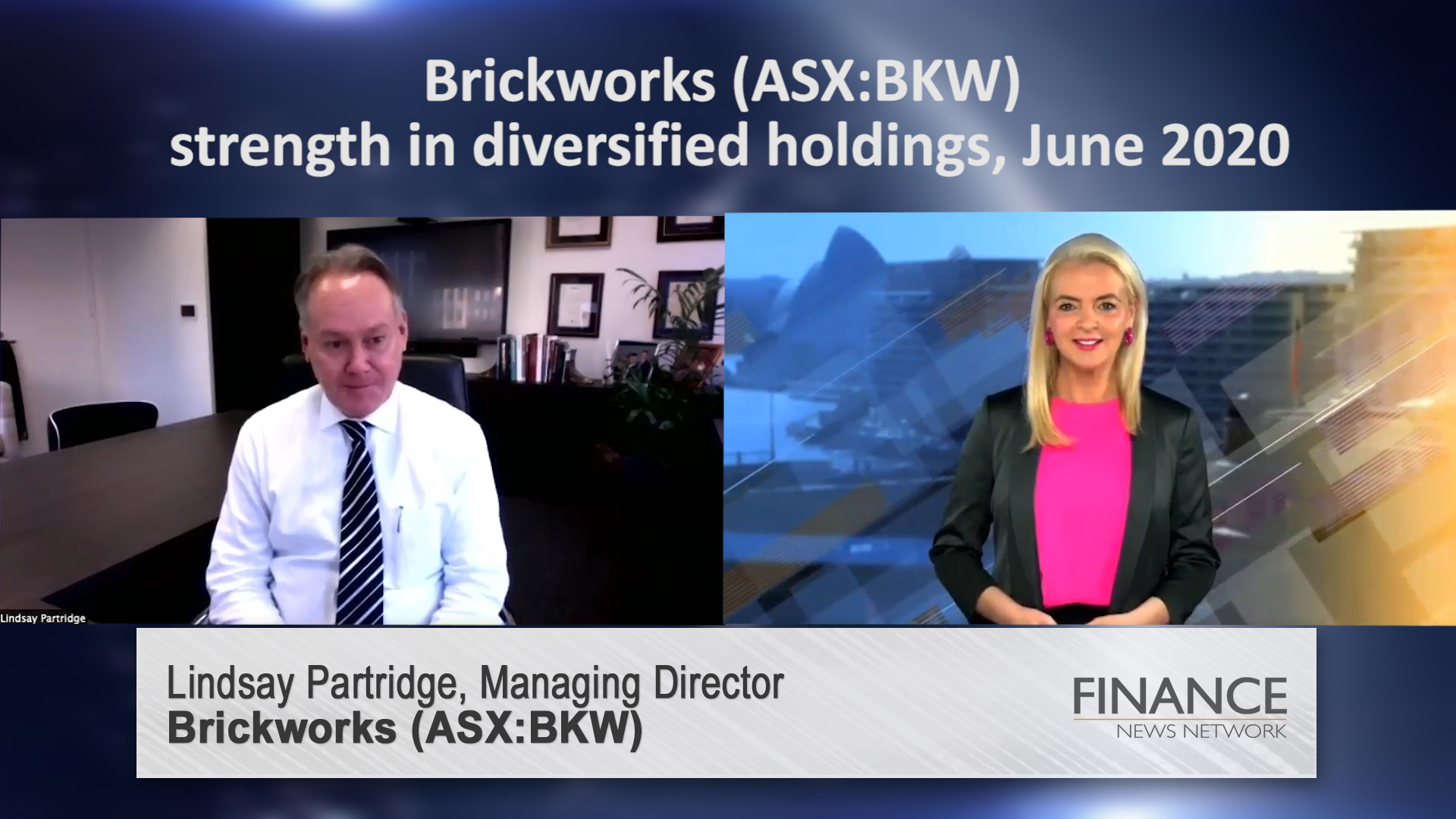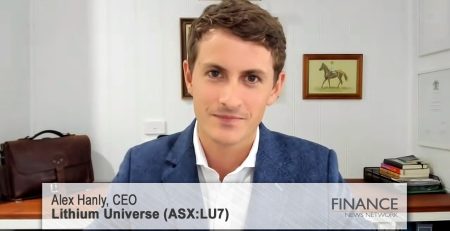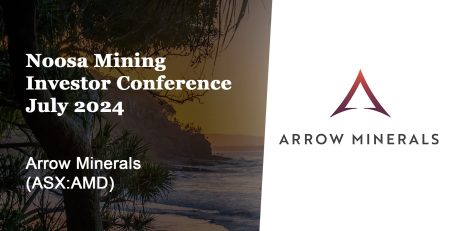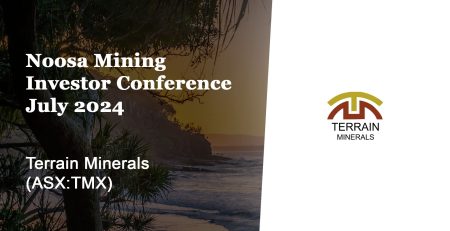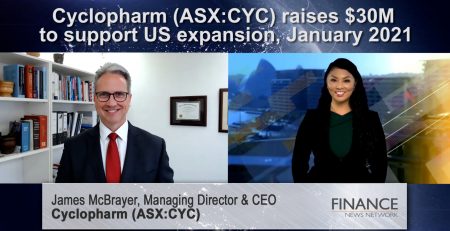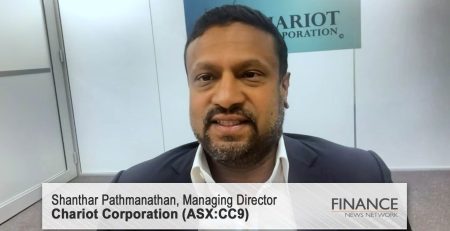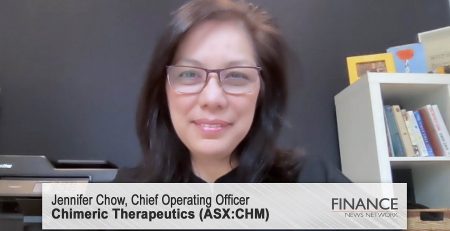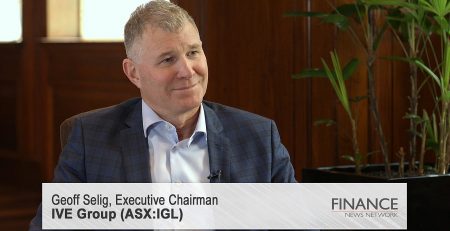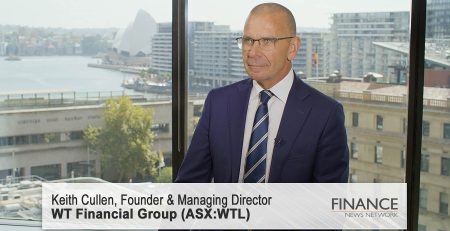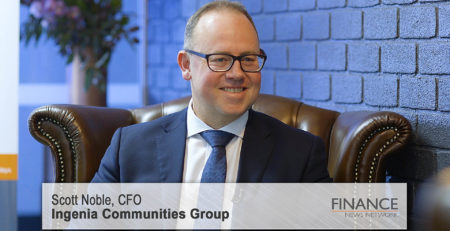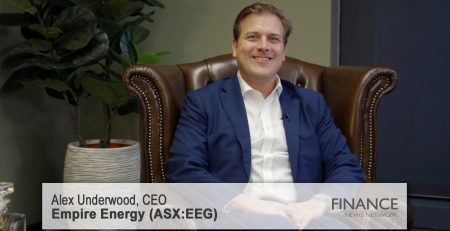Brickworks (ASX:BKW) strength in diversified holdings
Brickworks Limited (ASX:BKW) Managing Director, Lindsay Partridge talks the company's expectations for growth in building materials, its property and investment portfolio in light of COVID-19 and how its diversified portfolio is its strength in times of uncertainty.
Rachael Jones: Hello. I'm Rachael Jones for the Finance News Network. Joining me today from Brickworks (ASX:BKW) is Managing Director Lindsay Partridge. Lindsay, welcome back to FNN.
Lindsay Partridge: Good morning, Rachael.
Rachael Jones: Thanks, Lindsay. Now, first up, can you remind our audience about the history and spread of operations that comprise Brickworks today?
Lindsay Partridge: In 1934, a bunch of Sydney brick makers got together and formed Brickworks Limited. There was 26 of them. In 2000, we were just five brickworks in two States, and we realised we had to grow or become irrelevant. And we did a series of acquisitions which made us both national, it made us the largest brick company in Australia, the second-largest masonry producer, the second-largest rooftop producer. But then in the noughties and early 2000s, we realised we had a lot of surplus land we didn't need for brickmaking and what could we do with it? And if we sold it, that would just be a sugar hit for our shareholders. But there had to be a long-term position.
So we formed a joint venture with Goodman, which is one of the largest industrial property trusts in the world. And that's another deal made in heaven, if you like, and we've basically put in our land, they serviced it. They went and found the customers, they did pre-leases, we built sheds. Well, that joint venture trust is now worth $2 billion, and our share of that's worth over $700 million.
So we've progressed a bit more. And then we realised that we really liked building products and we were very good at it, but we couldn't grow in Australia. We had half the market and a lot of businesses just couldn't grow. So the strategic decision was to made to go to the United States, and we set ourselves up, buying Glen-Gery in the north-east of the US, and now we've backed it up with two more acquisitions. So today, after a bit of rationalisation, we've got 10 operating brickworks in the north-east, one manufactured stone plant. We've got 770 employees. We make about 400 million bricks. So that's not bad for 18 months. A bit of trouble at the moment, but great progress there, and that's going to be a great business going forward.
Rachael Jones: Thanks Lindsay. That's a fantastic history that you have there. Now, moving to today, and a question many investors are asking companies at the moment, what impact is COVID-19 having?
Lindsay Partridge: Like most companies, we took steps very quickly to protect our staff and our customers. A lot of our employees, about 400 in Australia, have been working from home. We've kept all of our factories running, although, right from the beginning, we had biomedical kits available at every site. So we tested their temperature and did all those sorts of things. And basically the business in Australia has really just continued on. We've actually met our budgets. We're very happy with the way it's gone, because there's a pipeline in housing. There's six or nine months before you start to feel effect of no sales being made at the moment.
Unfortunately, in the US, the Governor in Pennsylvania put an order out and just basically closed down five of our operations, or close down our whole Pennsylvania operations, so that put us out of action. So we decided that we'd take advantage of that, and we were going to do some rationalisation, so accelerated it, and we dropped out two plants and consolidated those into others. And when we were allowed to recommence, we've now recommenced. So today, we've got all our plants back up on line, but it did have about a 30 per cent hit to our sales during that period. And we're starting to recover now, and we're hoping, next week, construction in New York will open, which is a major market for us. And we'll hopefully get back up on our feet.
Rachael Jones: Now, let's take a closer look at your divisions. Can you give us an update on your building products?
Lindsay Partridge: In Australia, as I said, our sales have remained fairly strong, but we were concerned about how much things would drop off in the second half. So, particularly in April — we have Easter and Anzac Day and these sorts of events — it can be very soft. So we took the steps of taking quite a few plants offline to control our stock. Well, that's obviously… It's been great for cash, but it's obviously knocked the earnings around, but hopefully now we will have a bit of a better run going forward.
In the US, as I said, actually our sales year-to-date are up 26 per cent because of the acquisitions, and we haven't seen a full year, but we've had a couple of months where we've been down on a like-for-like basis by 30 per cent. So, a few too many moving parts there to sort of see how it's going to end at the end of the year, but we're hoping we're going to be EBIT positive in both countries. So we'll just have to see how it goes.
Rachael Jones: And can you give us an update on your property?
Lindsay Partridge: Yes. Well, look, it is really exciting. We're currently developing the… Putting in all the services on Oakdale West. That's over 100 hectares in size, it's cost us close to a hundred million dollars in services going in there. It really is. Hasn't missed a beat. We've got a pre-lease there with Coles, and that's a massive building, it's about 10 football fields and 10 storeys high. And we're sort of following a few more we're trying to bring into there.
We're building a new masonry plant, which is on the other side of the property. We call it Oakdale East, and that's just about ready to get going as well. So it's really quite exciting times in the property space. It's actually going to grow more in the next two to three years than it has in the last five or seven.
Rachael Jones: And how about your investments?
Lindsay Partridge: Well, Washington H. Soul Pattinson has an incredible record. I think it's 13% compound growth for the last 20 years, increased its dividend every year for 20 years. It's only one of two companies that have done that. I'm sure they will come in with a strong result, as they usually do. And they've been a great, great investment, a great partner for us.
Rachael Jones: And now to your finances. Can you give us an update, including a comment on the dividend and share price?
Lindsay Partridge: Yeah, look, our finance, we're pretty pretty conservatively geared, under 20 per cent. At the moment, it was been a bit unfortunate, we did a lot of acquisitions, a lot of growth, just as the virus hit. And we'd normally have liked to been bit lower than where we are, but anyhow, we are where we are, but we've got plenty of headroom and we think we can run through okay.
Now the thing that's really interesting about our dividend compared to everybody else, and the reason why there was only one year since we listed in 1962 that our dividend ever went down, that was 1975 — so we had 44 years of steady or increased dividends — is because of our investments. And if you add up the income that we received in dividend from Washington H. Soul Pattinson, plus now the income stream we get from our property trust, that totals about 80 million a year, which is the dividend. So, we're pretty confident that we'll continue to pay our dividends, and with any luck, we might be able to increase them a bit more. We just paid the interim and that was up a cent, so 20 cents. So I think that's one of the great things about our company, is that security of dividends.
Rachael Jones: Lindsay Partridge, it's been great to chat to you today. Thanks so much for the update.
Lindsay Partridge: My pleasure.
Ends
Copyright 2020 – Finance News Network
Source: Finance News Network

